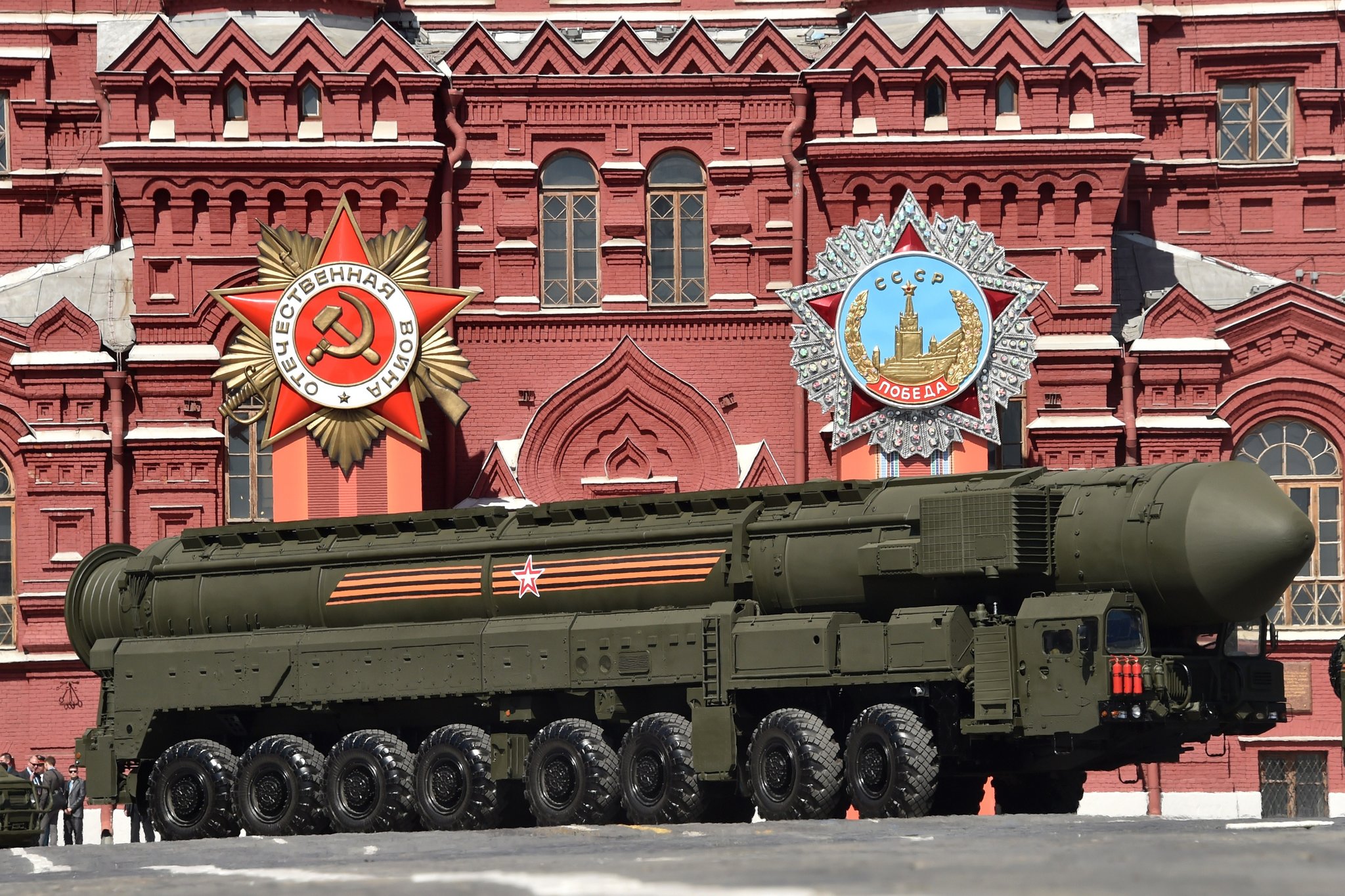DJI LOSES BID TO EXIT U.S. PENTAGON LIST, DEALING SETBACK TO DRONE GIANT

Court ruling and market stakes
A U.S. federal judge rejected DJI’s lawsuit seeking removal from the Defense Department’s list of companies with alleged ties to China’s military, keeping the world’s largest civilian drone maker on a roster that complicates U.S. government procurement and some private-sector deals. The court said the Pentagon had sufficient evidence to support the listing, even as it dismissed parts of the government’s rationale. DJI, which sells more than half of U.S. commercial drones, said it was disappointed and would evaluate legal options. The designation does not itself ban sales, but it heightens compliance checks for contractors, deters institutional buyers, and could influence state-level restrictions.
What it means for robotics and regulators
For public safety agencies and infrastructure firms that rely on DJI’s cost-effective fleets, the ruling sustains uncertainty over upgrades and service lifecycles. Rivals in the U.S. and Europe may gain share, though they face supply-chain constraints and higher prices. Policymakers are likely to keep pressing for secure-by-design standards, onshore manufacturing, and data-handling guarantees across the drone ecosystem. The outcome also interacts with export controls and tariffs, signaling that national-security screening of dual-use tech will remain a defining feature of U.S.-China tech competition. For end users, mixed fleets, tighter firmware governance, and clearer procurement policies will be critical to manage risk without sacrificing operational capability.






















